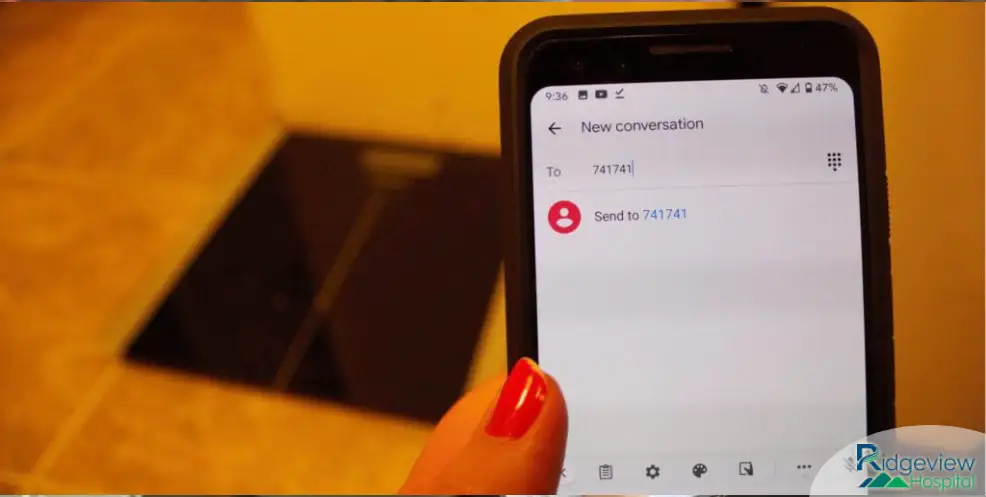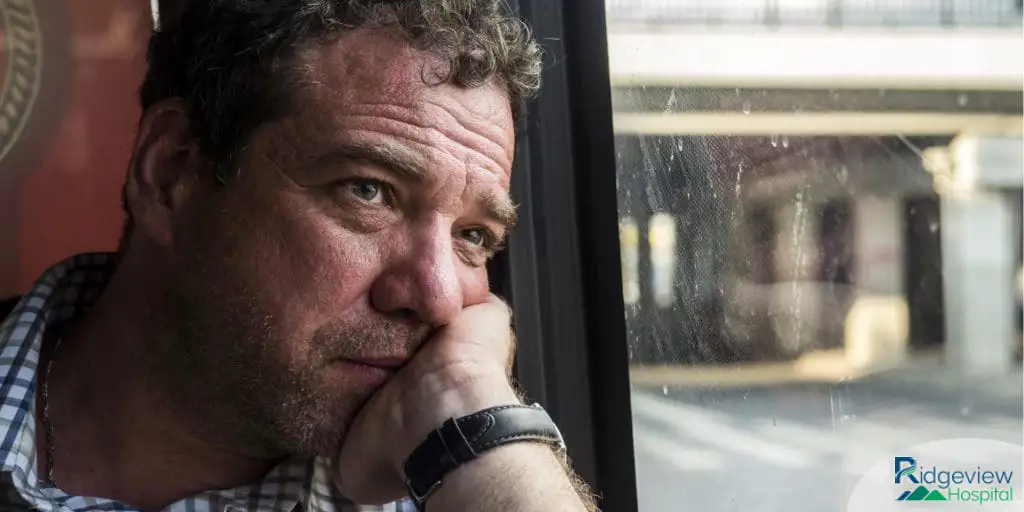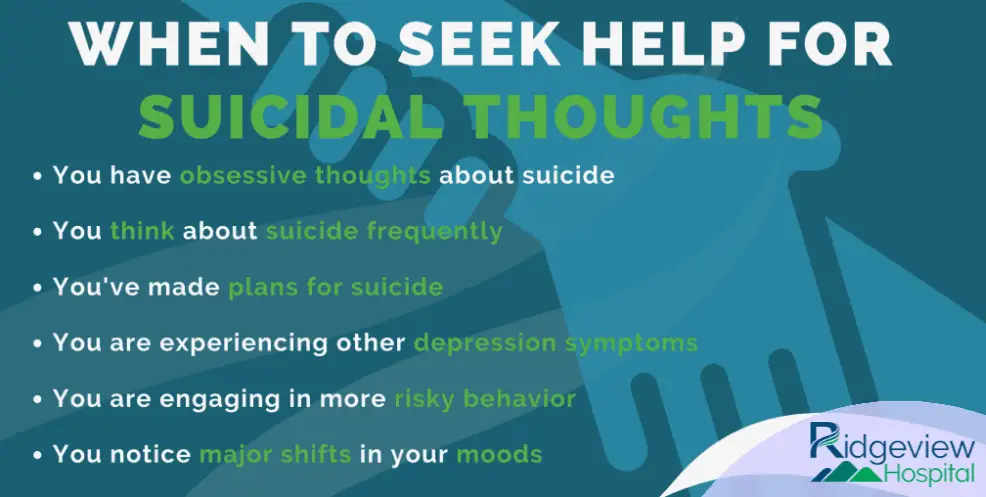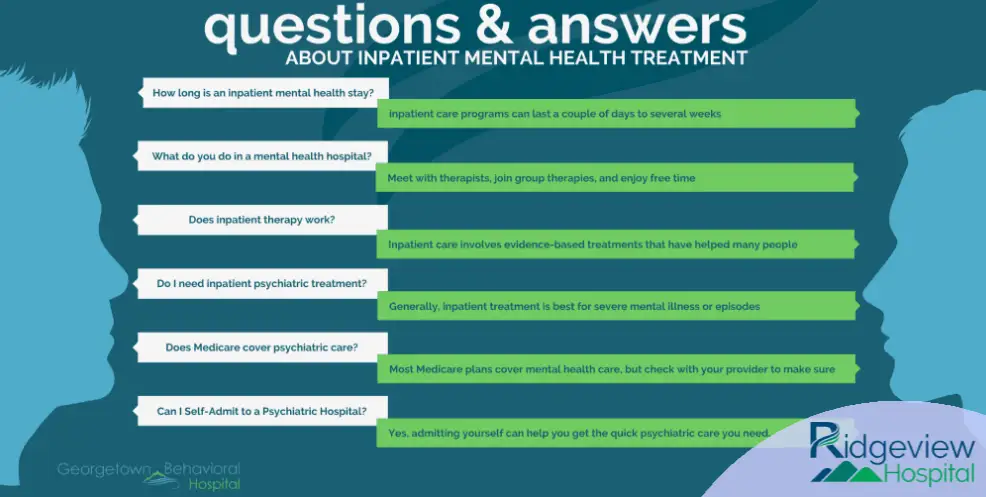Throughout the COVID-19 pandemic, people have faced increased stress and mental health issues. And one of the services that have helped people deal with these stressors has been Ohio mental health hotlines. These services provide quick, immediate support for individuals who need help in a crisis. But are they right for you?
Today, we’ll be looking at the situations where using an Ohio mental health hotline is appropriate, and where you might need another form of mental health care. While the pandemic seems to be winding down thanks to widespread vaccination, any period of transition can require increased mental health support. Keep reading to learn more about if an Ohio mental health hotline can help you.
Mental Health Crises in Ohio
During the pandemic, there have been many situations that could lead to a mental health crisis. Health concerns, loss of employment, and social isolation are all factors that have spurred on the use of Ohio mental health hotlines throughout the pandemic. But now that things are going back to “normal,” are you still at risk of entering a mental health crisis?
Periods of change are often rife with increased stress. Whether that’s going back to work, meeting up with people again, or anything else, a major life change can quickly bring on a mental health crisis. So how do you know if you need immediate mental health support?
Some tell-tale signs of mental health crises include:
- Intense feelings of anxiety or worry
- Changes in sleeping habits
- Using drugs or alcohol to cope with emotions
- Thoughts of suicide
- Problems completing daily activities due to mental hurdles
In cases where you present with the symptoms of a mental health crisis, Ohio mental health hotlines can help you stabilize with immediate care.
How Do Ohio Mental Health Hotlines Help?

Sometimes, immediate connection with a crisis counselor is necessary to stabilize a mental health crisis. And that’s exactly what Ohio mental health hotlines offer.
Take, for example, the Ohio Department of Health’s branch of the Crisis Text Line. By texting “4hope” to 741-741, anyone can be connected with a crisis counselor at any time. There is a wait time of up to 5 minutes, but for people who need immediate support, this is a great option. The added benefit of a text-based option makes this Ohio mental health hotline accessible to individuals who may struggle with hearing, who may not be in a position to speak out loud, or who simply don’t feel comfortable talking on the phone.
Of course, sometimes you may want to hear someone’s voice when you’re seeking help, and this is especially true if you’re dealing with suicidal thoughts or urges. If you feel that you are at risk of suicide, the best thing to do is immediately call the National Suicide Prevention Lifeline at 1-800-273-8255. This line is open 24/7, including on holidays, and their crisis workers are trained to listen attentively to your problems and help connect you with resources that can help.
But is an Ohio mental health hotline always the right answer? These services work well for crises, but longer-term care may be necessary if mental health issues persist or don’t seem to get better with time. That’s why Ridgeview Behavioral Hospital is proud to provide more intensive care for people struggling with mental health issues and co-occurring substance use disorders.
Ohio Mental Health Recovery

Calling an Ohio mental health hotline is a great first step, but following it up with real mental health treatment is your best chance for lasting recovery. Whether you’ve been diagnosed with a condition or not, we’re ready to help you start your recovery and at our Ohio mental health center.
Our inpatient mental health program helps people in the Cincinnati, Ohio area gain invaluable coping skills and mental health support. Our interdisciplinary team of nurses, doctors, psychotherapists, and other support staff works cohesively to provide meaningful, lasting mental health treatment. This includes group counseling to identify healthy behaviors when living with a psychological disorder, supplemental therapies for enrichment and real-world skill development, and discharge planning to ensure that your recovery continues long after your transition back to regular life.
But sometimes, mental health issues spread into other areas. Often, individuals will use drugs or alcohol as a way to cope with untreated mental illness symptoms. And while this may feel good in the short term, it can lead to serious mental and physical damage in the long term. This is because as an individual relies more on drugs or alcohol, the symptoms of their mental illness often get worse due to their new addiction. This reinforces the “need” for drugs and alcohol, creating a vicious cycle that can feel inescapable.
But with professional help, nobody has to be stuck with these co-occurring disorders. Our dual diagnosis program is staffed by both mental health and addiction specialists to address both issues in a comprehensive, holistic way. With this inpatient program, we give people a safe, secure space to recover from addiction and address the underlying causes that led to substance abuse.
Ohio Behavioral Health Treatment Is Here
Ohio mental health hotlines can do great work in helping people stabilize during a mental health treatment. But for more intensive care to address long-standing issues, inpatient mental health and dual diagnosis treatment are more effective treatment approaches.
If You Are Considering Rehab
More than anything, patients need to know that they will receive the best possible care. It’s important to remember that the care you need today may be different from the care you need tomorrow. There are many types of therapy available at Ridgeview Behavioral Hospital, so reach out if you need assistance in the Middle Point, Ohio area.
Call (419) 949-8590 to speak with one of our treatment specialists and learn more about our programs. Take our 😍 Mental Health Assessment or our 😵 Addiction Test.





















